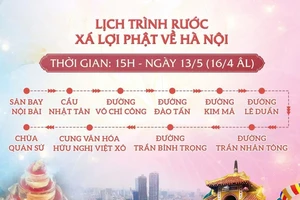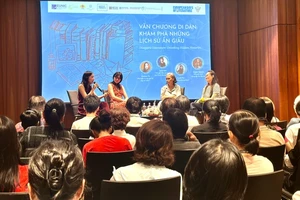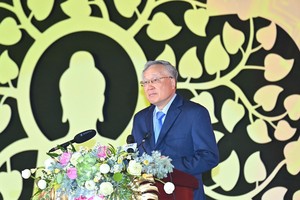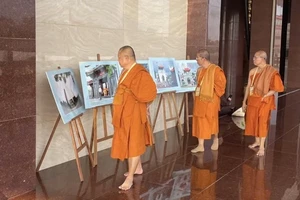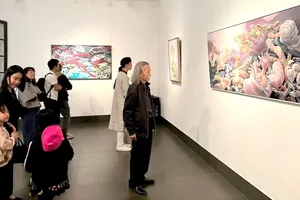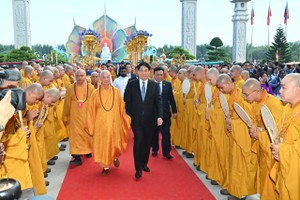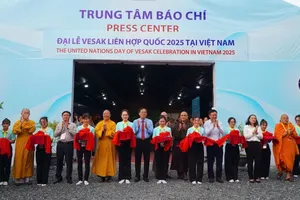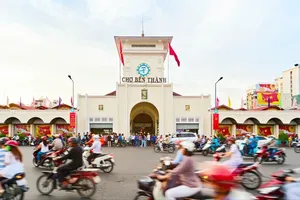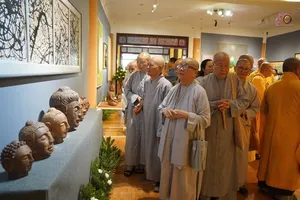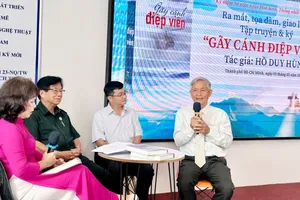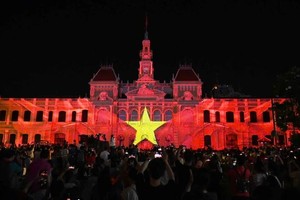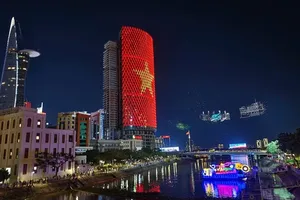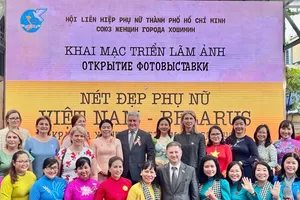
Deputy Minister Ta Quang Dong of Culture, Sports and Tourism underscored that literature is a critical pillar of spiritual life, shaping national cultural identity and mirroring social values. He urged the swift development of a comprehensive legal corridor to foster the sustainable growth of Vietnamese literature, recognizing its strategic importance within the context of global integration and technological evolution.
The proposed decree on literature development outlines a strategic initiative to comprehensively institutionalize Party and State policies within the literary sector. Structured with seven chapters and thirty-four articles, the decree represents a comprehensive approach to supporting the literary field.
This decree is designed to build upon existing policy frameworks while simultaneously introducing necessary amendments and supplements to address the evolving realities of the contemporary literary landscape. Its overarching objective is to unlock previously untapped resources and stimulate creative motivation among writers, thereby fostering a vibrant and dynamic literary ecosystem.
A particularly noteworthy feature of the draft is the proposed implementation of a robust funding and commissioning mechanism, which is intended to provide writers with the necessary support and resources to pursue major literary projects that explore themes of significant ideological and artistic value, ultimately enriching the national literary canon.
Associate Professor Pham Xuan Thach of Hanoi National University emphasized the importance of clearly and specifically defining priorities to effectively mobilize state resources for literary development. His statement highlights the urgent need for a transparent and efficient financial framework to support writers in their creative endeavors.
One frequently discussed issue in the realm of creative investment is the need to reform the organization of creative camps. Writer Dang Thi Thuy, Vice President of the Hai Phong Literature and Arts Association, highlighted the importance of establishing clear selection criteria for camp participants to ensure the quality of the resulting works.
Associate Professor Bui Hoai Son from the National Assembly's Committee on Culture and Society, suggested policies to encourage the development of literary works focused on historical, revolutionary, and national culture topics, and the application of technology to facilitate their creation and dissemination. He also raised the issue of whether a comprehensive investment strategy, encompassing financial, infrastructural, and human resource development, should be implemented for the literary sector.
Sustainable literary development can only be achieved through coordinated reforms involving the entire society. In the current draft, the National Literature Award receives increased attention. According to Poet Nguyen Viet Chien, this prestigious award is poised to significantly shape the literary landscape of the nation, inspiring a new generation of writers and poets to create innovative works. However, several concerns have been raised that the award risks following the path of many existing literary prizes—failing to connect with the public.
The reality is that many award-winning literary works fail to resonate with readers, remaining largely unsold. This disconnect represents a critical issue, as literary awards are not solely about acknowledging talent but also about facilitating the dissemination of cultural narratives, thereby enriching public understanding and appreciation of national culture.
Poet Tran Dang Khoa articulated a broader vision for the National Literature Award, asserting that the fundamental goal should not be limited to merely acknowledging literary excellence. Rather, its primary objective should be to ensure that these exceptional works effectively reach their intended audience, fostering a sense of appreciation and driving widespread dissemination. This perspective underscores the importance of bridging the gap between literary creation and public engagement, thereby maximizing the cultural impact of these awarded works.
The realization of a literary work's full potential and sustainable development is contingent upon a complex interplay of factors, encompassing robust publisher support, strategic media engagement, and sustained public interest. While prestigious awards serve as a vital form of recognition, they are insufficient to guarantee a work's success in the absence of a well-articulated distribution and promotion strategy. Therefore, literary awards should adopt a more holistic approach, extending their purview beyond the mere honoring of excellence to encompass the crucial role of ensuring these works are effectively delivered to, and engaged with, the reading public. This integrated strategy would serve to maximize the cultural impact and societal relevance of awarded literary works.
This necessitates the development of a comprehensive literary ecosystem, where each work is cultivated, expanded, and disseminated to a broad audience through modern media channels, encompassing publishing, seminar introductions, and digital platform releases. Without substantial investment and public engagement, even the most esteemed literary awards will struggle to fulfill their objective of enhancing cultural values and advancing Vietnamese literature.
